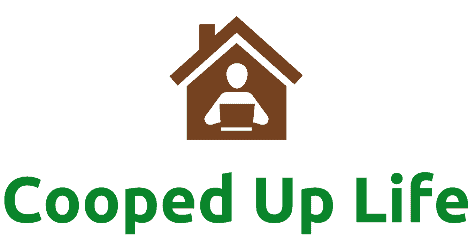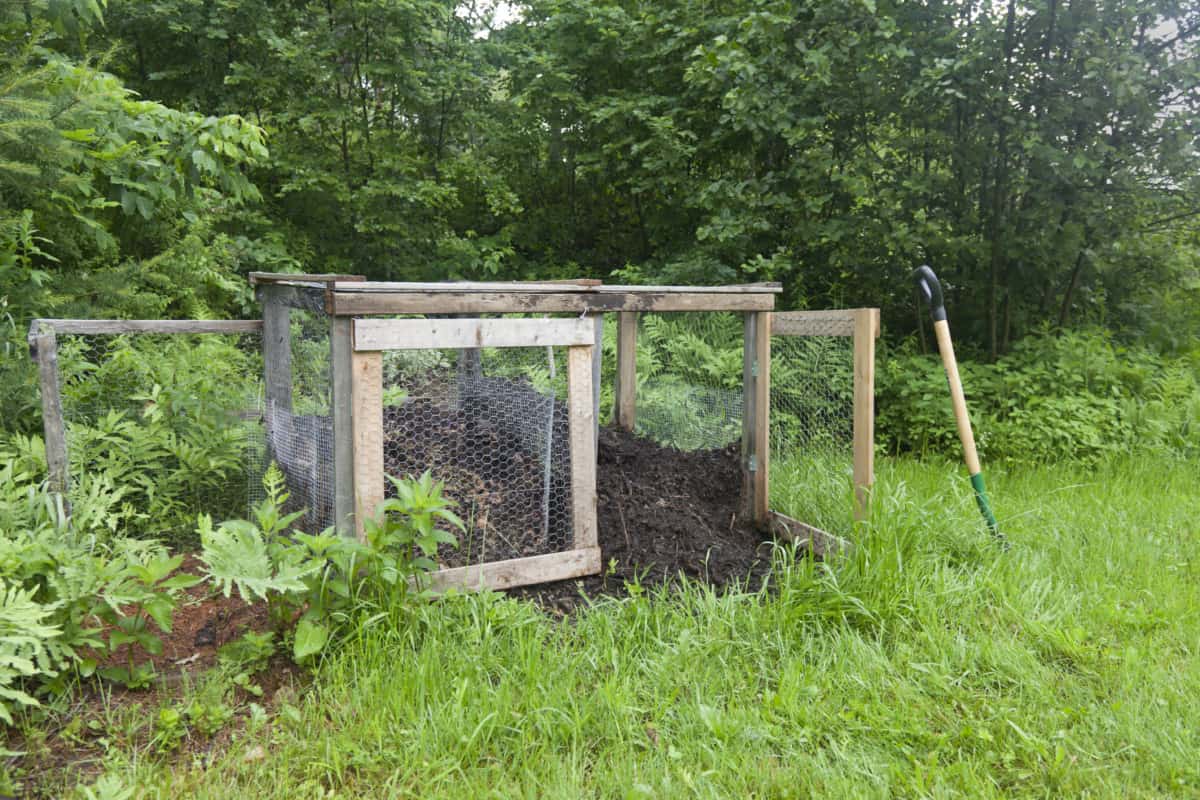Turning organic matter into nutrient-rich compost for your garden is essential because it is an environmentally friendly and cheap way to fertilize your garden.
There are so many environmental issues worldwide adding to the importance of nutrient-rich soil for food security.
Instead of using harmful chemicals, composting encourages the natural production of beneficial fungi and bacteria to break down the organic matter and creates humus (a nutrient-filled material).
Composting produces a rich source of organic matter that is vital for moisture, air, and nutrient retention. Compost improves your soil’s overall health and boosts its resilience to harsh weather conditions. It preserves the soil’s fertility and is a resource of potassium, nitrogen, and phosphorus.
Composting also improves the physicochemical and biological properties of the soil. Replenished and fortified soil is resistant to wind, soil, and water erosion, allowing water to enter the soil efficiently and keeps heavy rainfall from resulting in a flood.
In this article, I will discuss the importance of composting, including how to start your very own compost pile at home.
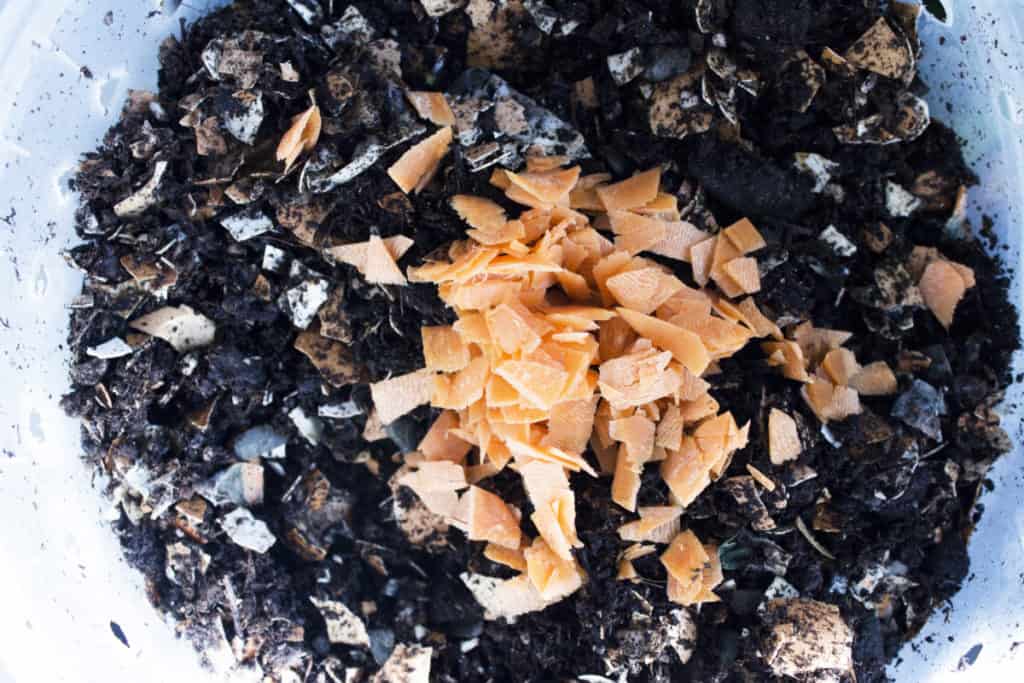
Composting: What Is It, And Why Is It So Important?
Composting is a process where food and plant waste decompose, producing beneficial organisms that break down the organic material to create compost rich in essential nutrients.
Composting combines organic materials, namely, brown material (carbon) and green material (nitrogen), producing compost to fertilize the soil for healthy plant growth.
Composting organic waste reduces methane emissions and carbon dioxide (potent greenhouse gases), eliminates the need for chemical fertilizers, and produces healthy, natural crops.
Benefits Of Composting
- Composting is an effective way to recycle yard and kitchen waste, and it also reduces the use of refuse bags; this way, you aren’t wasting any food.
- Composting benefits the environment because it reduces the need for chemicals and fertilizers made in factories and isn’t environmentally friendly.
- Composting reduces landfill waste. If waste is left in a landfill, it will start to decompose, but at a prolonged rate. All those healthy nutrients go to waste instead of being recycled to benefit the environment.
- It creates nutrient-rich soil (humus). Placing compost on top of your soil enriches it with essential nutrients such as nitrogen and carbon. These vital nutrients promote photosynthesis and growth.
- Mixing compost into your soil enables it to retain water for plants more efficiently.
- The microorganisms in compost, such as fungi, protozoa, and bacteria, break down the organic material in the compost pile. These microorganisms aerate the soil, converting nitrogen into a usable form, repelling plant diseases and pests, and speeding up the composting process.
- Compost helps to filter and revitalize local water sources and supplies cleaner water to the oceans.
- It reduces the production costs for farmers.
- Reduces community-produced greenhouse gas emissions.
- Reduces soil erosion (binds soil together and increases infiltration).
- Slows the surface flow of water.
- Controls water flow through and on soil (stormwater management).
- It suppresses plant disease and promotes healthy plant growth.
Composting also helps combat climate change as it reduces the emissions of greenhouse gases that are released into the atmosphere.
Compost increases the ecosystem’s resilience to harsh conditions such as drought and lowers the cost of artificial irrigation.
What Materials To Compost
- Shredded newspapers
- Sawdust
- Wood chips
- Fruits and vegetables
- Teabags
- Paper
- Cardboard
- Coffee filters
- Coffee grounds
- Eggshells
- Nutshells
- Straw and hay
What Materials NOT To Compost
- Chemically treated yard trimmings – they have the potential to kill microorganisms.
- Pet feces (meat-eaters) – contains pathogens, parasites, and harmful germs and bacteria.
- Sick plants – diseases or insects can be transferred to other plants.
- Dairy products – sour cream, milk, yogurt, butter, and eggs. These products attract pests (flies and rats) and cause unpleasant odors.
- Fats and oils – lard, grease, and fat products attract pests (flies and rats) and cause unpleasant odors.
- Black walnut tree (leaves and twigs) – releases harmful substances.
- Fish and meat (scraps and bones) – these products attract pests (flies and rats) and cause unpleasant odors.
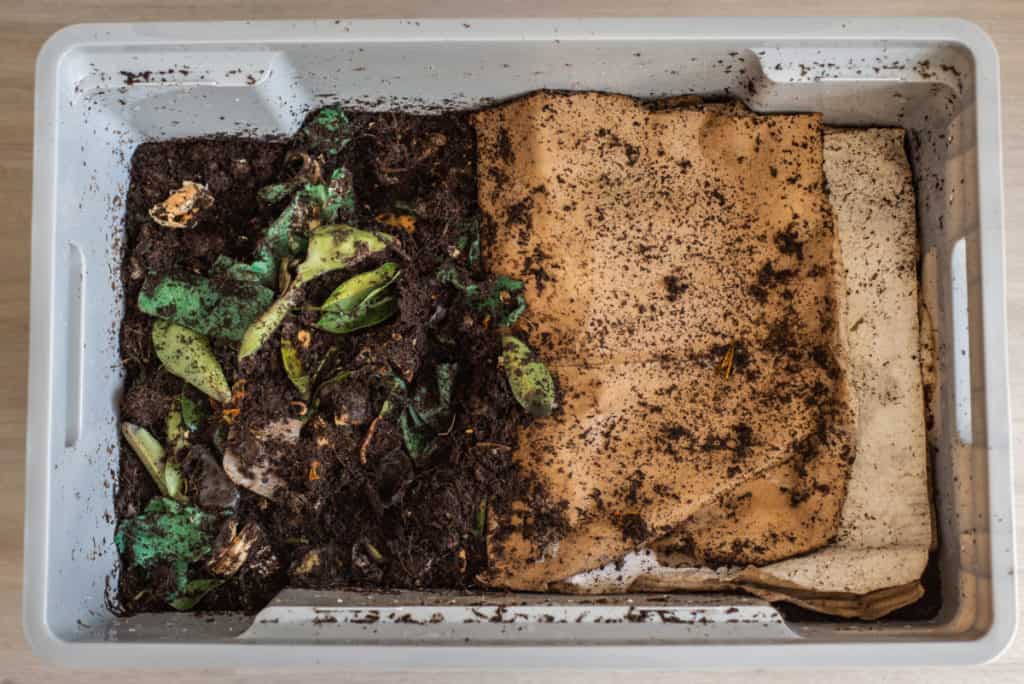
How Do You Make Compost?
Making compost at home is very easy. All you need is;
A Compost Bin
Use a compost bin that is open to the ground underneath because that is where the worms, enzymes, bacteria, and microbes come in from the ground and into your compost.
You can build a bin with pallet wood. The best size for a bin is 3X3X3 ft, as it holds the correct mass of organic material to break everything down at a steady pace.
Organic Material
Once you have your bin ready, start to add your brown and green materials. Start with brown materials and layer the green materials in between until everything has been added.
Brown Material (Carbon)
- Fall leaves
- Pine needles
- Twigs
- Wood chips
- Shredded tree branches
- Bark
- Sawdust
- Corn stalks
- Paper non-glossy
- Coffee filters
- Corrugated cardboard
- Dryer lint
- Cotton fabric
- Straw
Green Materials (Nitrogen)
- Grass clippings
- Coffee grounds
- Teabags
- Vegetable and fruit scraps from the kitchen
- Trimmings from plants in your yard
- Eggshells
- Animal manure (horse, rabbit, chicken, sheep, cows, etc.) No meat-eating animals
- Seaweed
- Cut flowers
Oxygen
Increase the surface of the area of the material that you put into the compost bin. You need to chop the organic material into smaller pieces using a wood chipper or a shredder to increase the area.
If you have neither of these machines, you can spread it on the lawn and run your lawnmower over it. Smaller pieces allow the microorganisms to get in and work faster to break up the material.
Turning your compost pile aerates it. The more oxygen there is in the compost pile, the better it will feed the microbes and enzymes and the faster it will break down the organic material to produce compost.
We should turn compost because the center of the pile has the most heat, and that is where the process is the fastest, so the outside of the pile needs to be turned into the pile; otherwise, you will only have compost in the middle. Every time you add new materials to the pile, give it a good turning.
Water (the correct amount of moisture)
Your compost pile must always be damp, not soggy. To test the moisture, pick up a handful and squeeze, it should stay together when you release your grip.
If water runs down your hand when you squeeze it, there is too much moisture in your compost pile, and you need to add more ingredients. Covering your pile with a plastic sheet helps to keep the moisture inside.
*Speed up the process by working a scoop of finished compost into your compost pile to get the microorganisms into your pile from the very start.
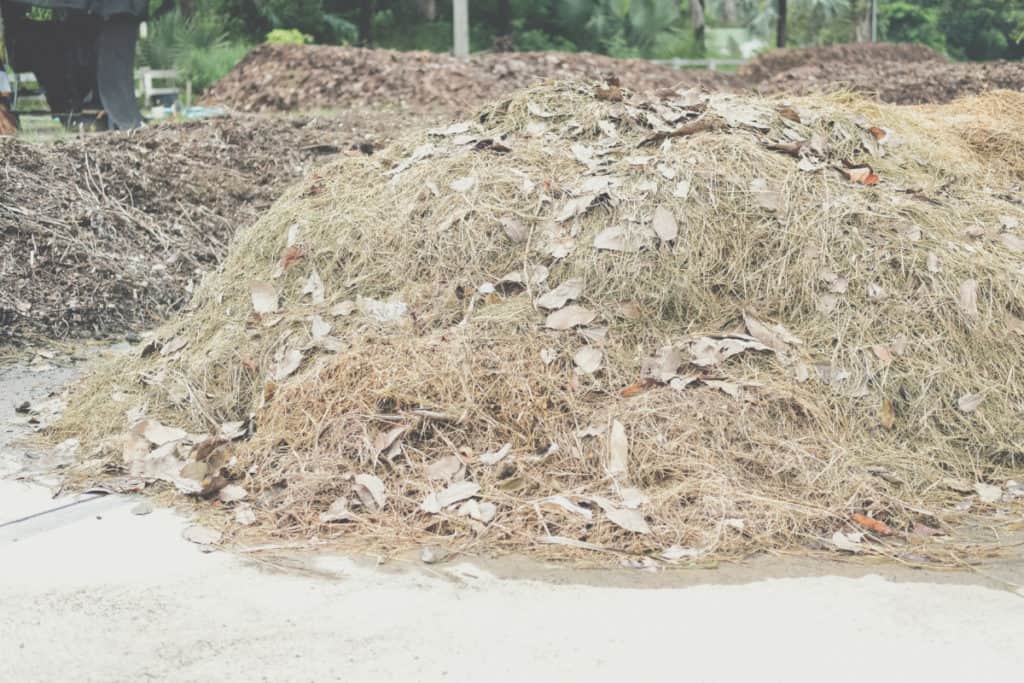
In Conclusion
Composting is such an easy procedure, and it doesn’t need a lot of work as it works on its own to produce compost. Set it up correctly, monitor your compost pile regularly to ensure there is always enough moisture, and keep it clear of pests.
